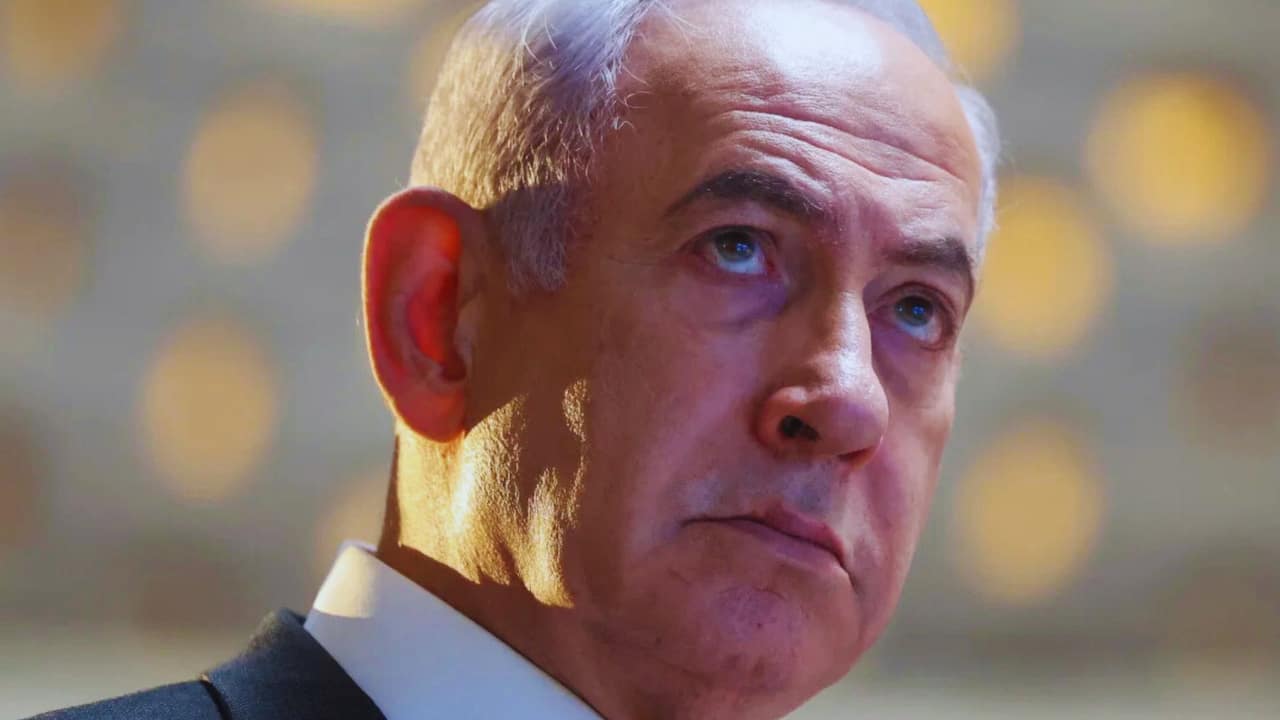Breaking: Israel and Hezbollah Edge Closer to Historic Ceasefire Deal as Regional Tensions Simmer
As a veteran Middle East correspondent, I’ve witnessed numerous attempts at peace deals, but this latest development marks a potentially significant turning point in the region’s volatile landscape.
Prime Minister Benjamin Netanyahu and his administration have reportedly agreed in principle to a US-backed ceasefire proposal with Hezbollah, though crucial details remain under discussion. This breakthrough comes as the death toll in Lebanon has surpassed 3,000 since mid-September, highlighting the urgent need for diplomatic intervention.
The proposed deal, brokered by US envoy Amos Hochstein, outlines a three-stage peace process:
- An initial truce and Hezbollah’s withdrawal north of the Litani River
- Israeli military pullout from southern Lebanon
- Negotiations between Israel and Lebanon over disputed border areas
Sources close to the negotiations reveal that time is of the essence. Hochstein has reportedly warned Israeli officials that peace talks might stall until after the US presidential transition in January if they don’t move forward now.
The human cost of this conflict cannot be understated. Lebanese health ministry figures show over 13,400 people have been injured since Israel intensified its campaign. In a single day, Israeli strikes claimed 84 lives, with nearly 30 casualties from one attack on a Beirut building.
The road to peace has been particularly complex since Israel launched its major offensive in September. The campaign has resulted in significant casualties on both sides, with Israel losing 44 civilians and 71 military personnel. The conflict has displaced approximately 60,000 Israeli residents from northern border communities.
Netanyahu’s current focus appears to be on how to present this agreement to the Israeli public. Sources suggest his team aims to frame the deal as a strategic victory rather than a compromise. The proposal includes provisions for international monitoring, with the US potentially leading this effort.
Hezbollah’s response to the negotiations has been mixed. While their deputy leader, Naim Qassem, confirmed they’d reviewed the proposal, the group has continued its attacks, launching over 250 rockets and drones at Israel in a single day. Experts suggest this could be a show of strength before potentially agreeing to terms.
A unique aspect of this deal involves the Lebanese Army taking responsibility for preventing Hezbollah from re-establishing itself in southern Lebanon. This provision addresses one of Israel’s critical security concerns while potentially offering a sustainable solution for regional stability.
The international community watches closely as former US ambassador Dan Shapiro heads to Israel to help finalize the agreement. While optimism grows, both sides maintain military readiness. Israel reportedly plans to continue operations against Hezbollah targets in Beirut until a deal is secured.
As this story develops, the coming days will prove crucial in determining whether this ceasefire agreement can bring lasting peace to a region that has seen too much bloodshed. The world waits to see if this carefully crafted diplomatic solution can transform from proposal to reality.
